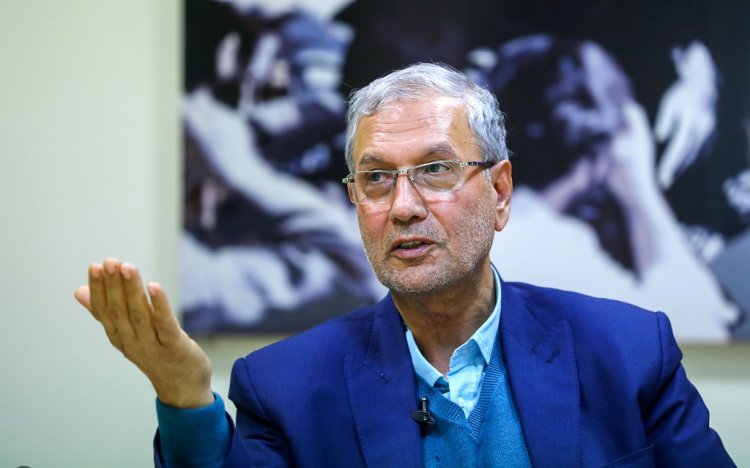

According to Cinema Etemad, reformist activist Ali Rabiei wrote in Etemad newspaper:
Almost from the middle of June, when we entered the election atmosphere, my mind was so focused on this atmosphere that with every news about the rejection and approval of the candidates’ qualifications, my mind was somehow involved. This process of mental preoccupation started from the election registration and then confirmation of qualifications and continued until just a few days ago, and practically caused me to stop doing anything else. Therefore, I used all my intellectual and physical efforts to succeed in what I knew was for the benefit of society.
I believed that with the implementation of the thinking that was in front of the doctors, more desperation and despair would dominate the society. Unfortunately, as we have seen, the many setbacks of the past three years were made to look upside down with statistical representations. Although today it may not be necessary or useful to dig into the past, but the very thinking that could have turned Iran into a more isolated country with greater social separation and increasing despair, and day by day the gap between the state and the nation deepens, affects the destinies of the ruling people. Nehd is such a big achievement that its dimensions can be discussed in a series of notes.
During this time, contrary to my usual habits, I could neither read a new book nor watch a movie. After the efforts came to fruition and the government took hold, the first book I picked up – at the same time as the loss of my brother – was “Mourning Memoirs” by Roland Barthes. The day after his mother’s death on October 25, 1977, “Bart” began writing a mourning diary and wrote a diary every day until June 19 of the same year.
In a part of these memories, it is said: “You have never known a woman’s body. I recognized my mother’s body, sick and then dying…never again! Never again! And here is the paradox: “never again” is not eternal, since you yourself will die one day. Never again, the term is an immortal being…” On Wednesday, I had an opportunity to participate in the ritual of “Zandeyad Amin Tarakh” and also “Maziar Miri”. Maziar Miri’s “Painting Pool” has a different feeling for me because it deals with the lives of people with disabilities with a deep narration. On the other hand, in this ceremony, the memory of “Amin Tarakh” was honored.
One of the important and noteworthy points is the need to hold a ceremony to commemorate the late artist “Amin Tarkh” because at the time of his death in 1401, he was not honored in a dignified manner. I believe that it is the personality effect of people from all walks of life, whether they are politicians, artists, scientists, etc., that make them stay in the memories for many years. “Amin Tarakh” was a teacher who trained many actors. In the field of art, he made a part of Iran’s culture and history permanent with his role-playing.
His brilliant performance in the role of “Sheikh Hasan Juri” reminds us of the painful history of the Mongols’ attack on this country. With “Abu Ali Sina”, the history of Iran’s science and education has been beautifully preserved in the minds of the earth. And also by acting in “Lost Innocence” he portrayed a narrative of deviance called religion. Let’s remember that any society whose thinkers and people of culture and art find respect and closeness will be a dynamic and successful society. For many years, the culture people’s mood is not as good as it should be. One of the best ways to make culture dynamic in society is to leave it to its people.
